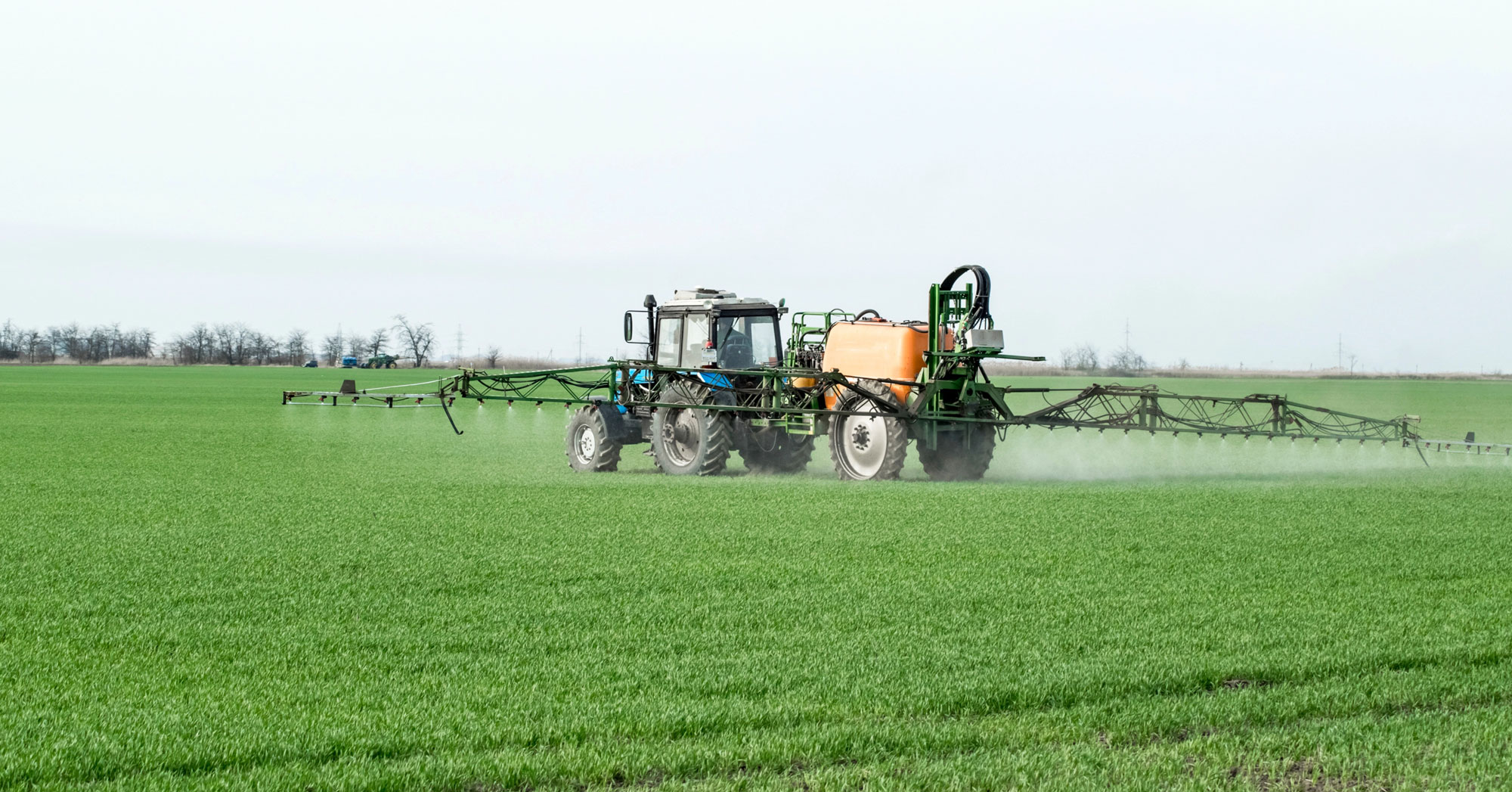
Bioceres reports 24% drop in income
Civil society organisations in Argentina and Paraguay[1] are calling for the suspension of Bioceres's GM wheat HB4 on the grounds of the failure of the technology.
The wheat is marketed as drought-resistant and as tolerant to the herbicide glufosinate ammonium, which is banned in the EU due to concerns about its toxicity.
However, in a press release, the groups state, "HB4 technology does not provide resistance or tolerance to drought. According to official data, HB4 wheat yields much less than conventional (non-GMO) wheats, even in drought years. In the annual average of data for 2021, HB4 wheats yielded 17% less than conventional wheats."
The poor yields were reported in the media in 2022 and appear to come from company and government data.
The groups add, "In the following years, neither the State nor the company published production data in the different regions. Perhaps it is because the productive failure of the technology was confirmed, and the fall in sales and revenues of Bioceres has caused the company to exit the sale of seeds."
Bioceres – "the Argentine Monsanto" – is reporting a 24% drop in revenue. The organisations are blaming the failure of the technology to live up to its promises.
The groups say that although there is no official data on the cultivation of GM wheat in Paraguay, sectors linked to agribusiness corporations are adapting the GM varieties in various regions.[2] They add that the use of glufosinate ammonium, which is up to 14 times more toxic than glyphosate, increased substantially in that country.[3]
The groups write, "We believe that, given the great failure of HB4 technology – into which the company Bioceres is dragging farmers in Argentina, Paraguay and other countries where its cultivation is authorised – it is time for it to be buried definitively."
They ask that all permits for the planting and marketing of HB4 wheat be suspended, and that a comprehensive repair process be initiated in the areas already planted.
Last year, the groups sent a similar petition to several Special Rapporteurs on Human Rights on the grounds that the planting and marketing of GM wheat violates human rights, such as the right to life, health, adequate food, food sovereignty, access to land, an environment free of pollution, and self-determination of local peoples and communities.
Notes
1. The signatory groups are:
RALLT
Alianza por la Biodiversidad en América LatinaCLOC Vía Campesina
RAPAL Uruguay
BASE IS
InSAA
REDES
Colectivo por la Autonomía
Movimiento Ciencia Cidada
ETC Group
Grupo Semillas
Acción Ecológica
GRAIN
ANAFAE
Colectivo Latinoamericano de Semillas
At the time of writing this article, there was no online link to the press release.
2. Innovation in agriculture: What does Paraguay need to strengthen biotechnology in the countryside? - YouTube https://www.youtube.com/watch?v=DCEcRxorxXI (Spanish)
3. Arrúa, L. 2023. Toxic dependence: the importation of agrotoxins in the last 5 years. In: Palau, M. With soybeans up to their necks 2023. (Asunción: BASE-IS). https://www.baseis.org.py/wp-content/uploads/2023/10/Sojaalcuello2023-version-web.pdf (Spanish)










